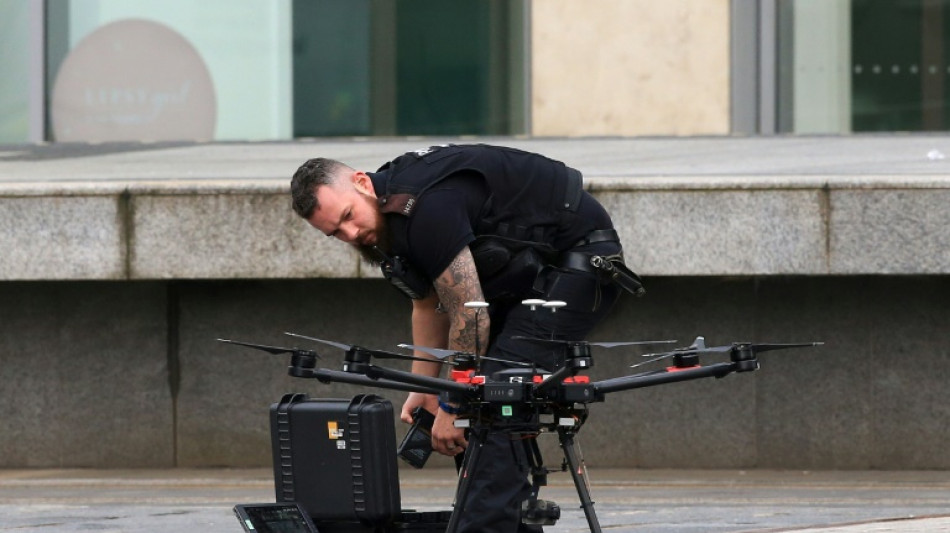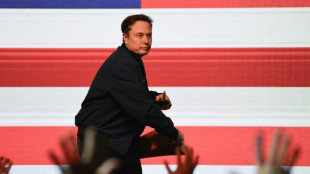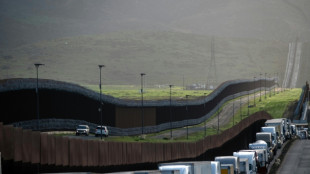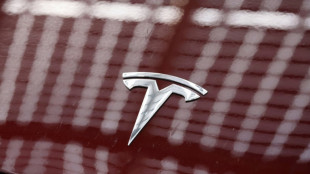

UK vows £20 million to boost drone and 'flying taxi' services
The UK government said Tuesday it had pledged £20 million ($25.8 million) to help commercial drone services and "flying taxis" take off in Britain.
The drone delivery market has landed in several countries including the United States, allowing customers to have online shopping dropped at their doors by fleets of flying robots.
There have been several pilot schemes in the UK too -- from island postal services to rapid blood sample transport -- but commercial drone deliveries have been slower to get off the ground.
Earlier this year Amazon, one of the big companies dominating the field in the United States, said it had chosen a town in northern England for its first UK drone parcel deliveries -- though it is still not clear when the scheme in Darlington could start.
Announcing the UK government funding on Tuesday, the transport ministry said the money would help kickstart new technologies and streamline regulations, in a move it said would benefit companies but could also see drones used by firefighters and paramedics.
The ministry added the UK's Civil Aviation Authority would receive £16.5 million from 2025-26 to work on regulations for drones and electric air taxis -- vehicles which resemble a cross between a drone and a small plane, and can take off like helicopters.
The regulations "could see air taxis in use from 2028," the transport ministry claimed, adding a further £5 million would be used "to support industry to turn these new technologies into profitable business that benefits communities".
Critics have argued the government should focus its attention elsewhere, and have raised concerns about the use of drones and aerial surveillance by the authorities.
Unions are also worried about the risk to jobs, while earlier this year the UK's prison watchdog warned gangs were using drones to deliver drugs and drop weapons to inmates inside jails.
Welcoming the new funding, Technology Secretary Peter Kyle said a "regulatory system that keeps pace" was needed for new technologies to succeed.
"This is regulation that will unlock a raft of new commercial and public service opportunities for the use of drones," he said.
He said drones would have to transmit their location to reduce the risk of crashes and the "highest safety standards" would be maintained.
Aviation minister Mike Kane said he wanted "the UK to have the most advanced aviation technology ecosystem in the world."
"That means creating a nimble regulatory environment and a culture of innovation, so everyone can benefit from cutting-edge transport," he said.
The UK has so far seen the deployment of an army of flightless shopping delivery robots in Milton Keynes, post delivered by drone on the Scottish isles of Orkney, and blood samples sent through the skies by a London hospital for urgent testing.
P.Renard--JdB



